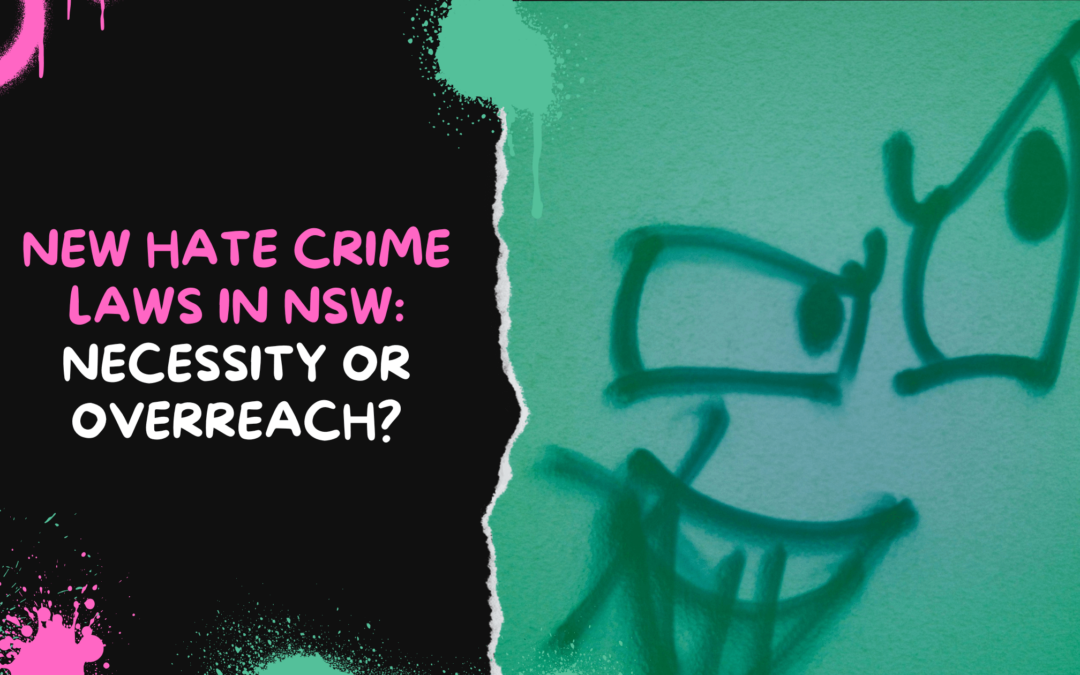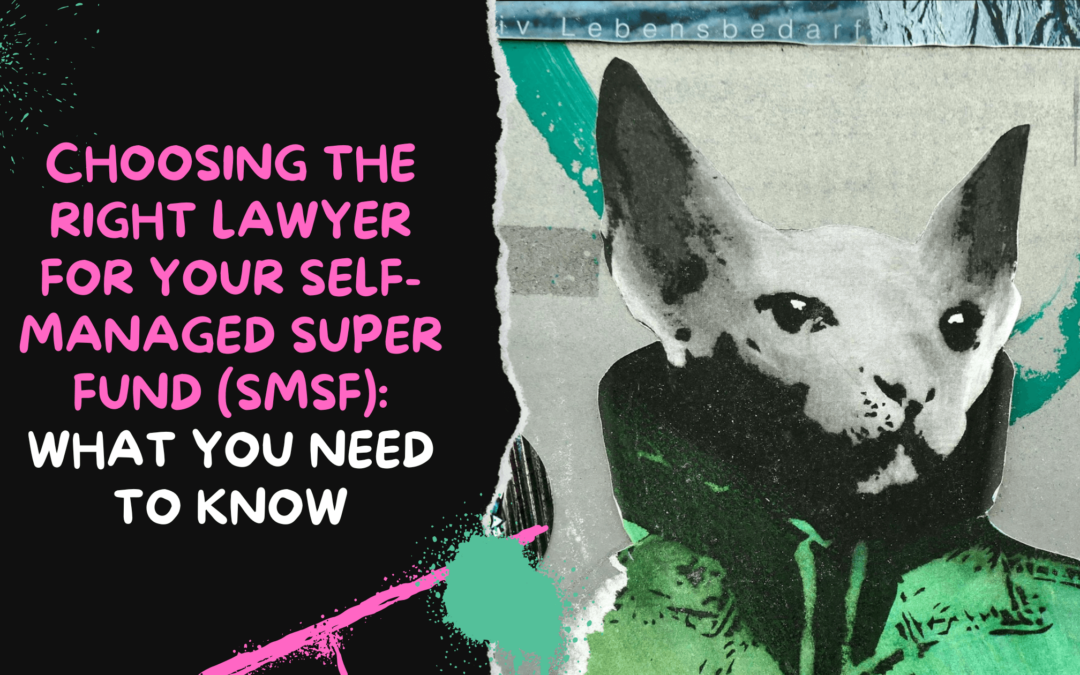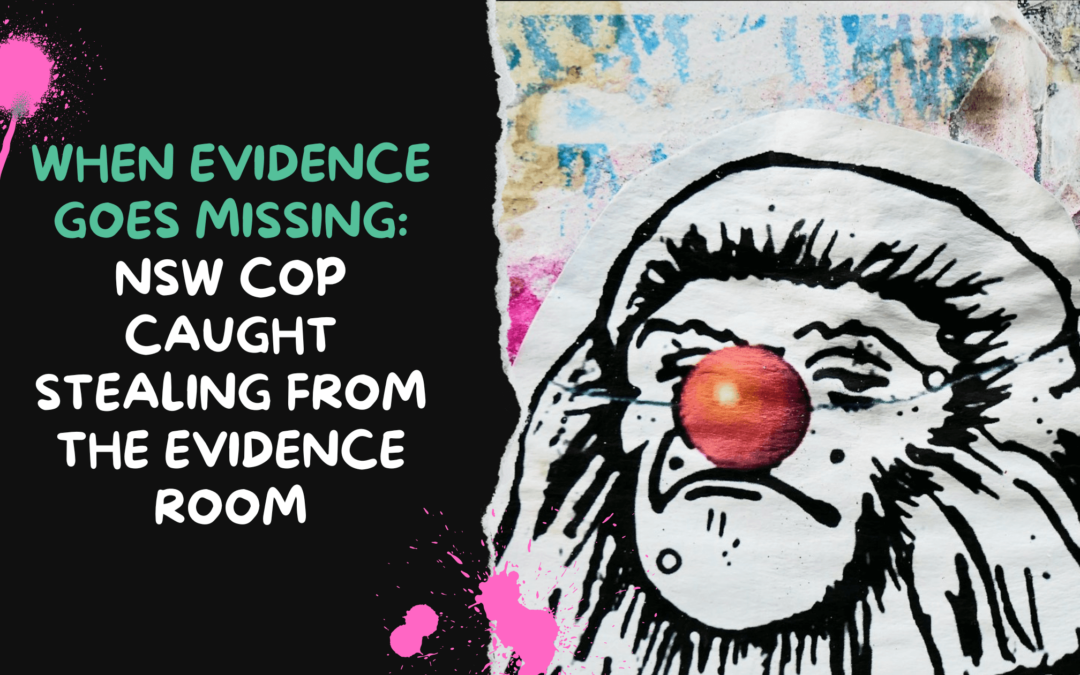NSW Police have charged former police officer Lamarre-Condon with two counts of murder after he allegedly killed Jesse Baird and his partner Luke Davies with a NSW registered Police firearm at Mr Baird’s Paddington home last week. A bullet and casing from the registered firearm were allegedly found at the crime scene.
The bodies of the victims were only found after a week following the murder charge and arrest of the accused. Police were spread across multiple crime scenes, which stretched from Sydney to Goulburn, where Lamarre-Condon was allegedly spotted with a hire van to transport the victims’ bodies.
Lamarre-Condon was an ex-partner of Mr Baird, and their relationship had apparently ended a couple months earlier. Lamarre-Condon was accused of “predatory” behaviour during the relationship, and he was suspected of breaking into Mr Baird’s Paddington home on multiple occasions, police reported.
The accused was reportedly not forthcoming with investigators until yesterday when he assisted Police in locating the victims’ bodies.
Can a person be charged or convicted of Murder without the finding of a body?
In NSW, the accused can still be charged and convicted of murder without the finding of the victim’s body.
Murder is an offence under section 18(1)(a) of the Crimes Act 1900 (NSW). To find a person guilty of murder the prosecution must prove to the Court, each of the following matters beyond a reasonable doubt:
- That the accused did an act or failed to do an act;
- That the act, or failure to act, resulted in the death of another person and that the accused either:
- intended to kill the person;
- intended to cause the person grievous bodily harm; OR
- acted with reckless indifference to human life; that is, you foresaw that it was probable that death would result.
But then how will the Crown present their case without the finding of a body?
Where there is no finding of a body, the prosecution will rely on circumstantial evidence to prove guilt beyond reasonable doubt.
A circumstantial case is one where several pieces of evidence are presented that do not directly prove the elements of the offence, but instead, require a Jury or Judge (in a Judge alone trial) to infer further facts that would lead to a finding of guilt.
What happened in the case of R v Dawson (2022) NSWSC 1632
On 2 December 2022, Justice Ian Harrison imposed a 24-year prison sentence on Christopher Dawson for the murder of his wife Lynette Dawson, without and despite the finding of her body. Dawson was convicted on 30 August 2022 following a Judge alone trial, without a Jury.
His Honour found that Dawson killed his wife by a voluntary act, performed by him, with the intention of causing her death. As Lynette Dawson’s body has never been found, the precise way in which she died is not and cannot be known. His Honour found that Dawson planned to kill his wife, and he did so in a domestic manner.
Justice Ian Harrison observed that Dawson killed his wife for the “selfish and cynical purpose” of allowing him an unfettered relationship with another female. The Judge noted that he could not say how Lynette Dawson died, but that he was satisfied, given the evidence, that Dawson killed her in their home. His Honour described Dawson’s crime as premeditated, a “self-indulgent brutality”.
Does the search for a body just stop then, and what about the families of the victims?
No body, No parole Laws – When does it apply?
In murder cases where the victim’s body has not been found, and the accused has been convicted, the NSW State Parole Authority would be required to refuse parole to offenders who do not cooperate satisfactorily to identify the body’s location.
The offender will need to disclose the location of the victim’s body, otherwise they will not be eligible for parole. A ‘life sentence’ will be truly that. For life.
Well, then what happens in cases where the accused chooses to assist or volunteer information to police in the investigation?
Section 23 of the Crimes (Sentencing Procedure) Act 1999 (NSW) (s 23) empowers the Court to
reduce penalties on the accused for assistance provided to law enforcement authorities.
Under s 23, the Court may impose a lesser penalty than it would otherwise impose on an offender, having regard to the degree of assistance provided, or undertaking to assist, law enforcement authorities in the prevention, detection or investigation in proceedings relating to an offence.
In deciding whether to impose a lesser penalty for an offence, the Court will consider the following matters:
- the significance and usefulness of the offender’s assistance;
- the truthfulness, completeness and reliability of any information or evidence provided;
- the nature and extent of the offender’s assistance;
- the timeliness of the assistance or undertaking to assist;
- any benefits that the offender has gained or may gain by reason of the assistance or undertaking to assist;
- whether the offender will suffer harsher custodial conditions as a consequence of the assistance or undertaking to assist; and
- any injury suffered by the offender or the offender’s family, or any danger or risk of injury, resulting from the assistance or undertaking to assist.
However, any lesser penalty that is imposed by virtue of s 23 must not be unreasonably disproportionate to the nature and circumstances of the offence.
At Green & Associates, we are experts in applying for non-convictions and have an excellent success rate in achieving this for our clients. Regardless of the charge, we are prepared to assist you during an uncertain time. If you or someone you know needs assistance with a criminal matter, contact our office today.




